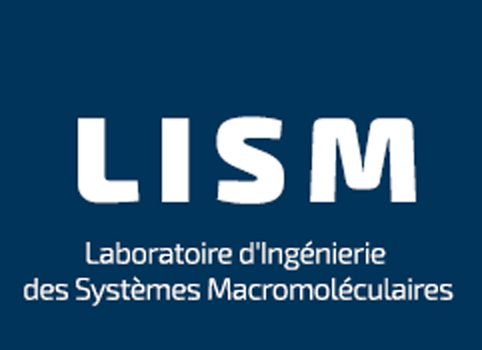
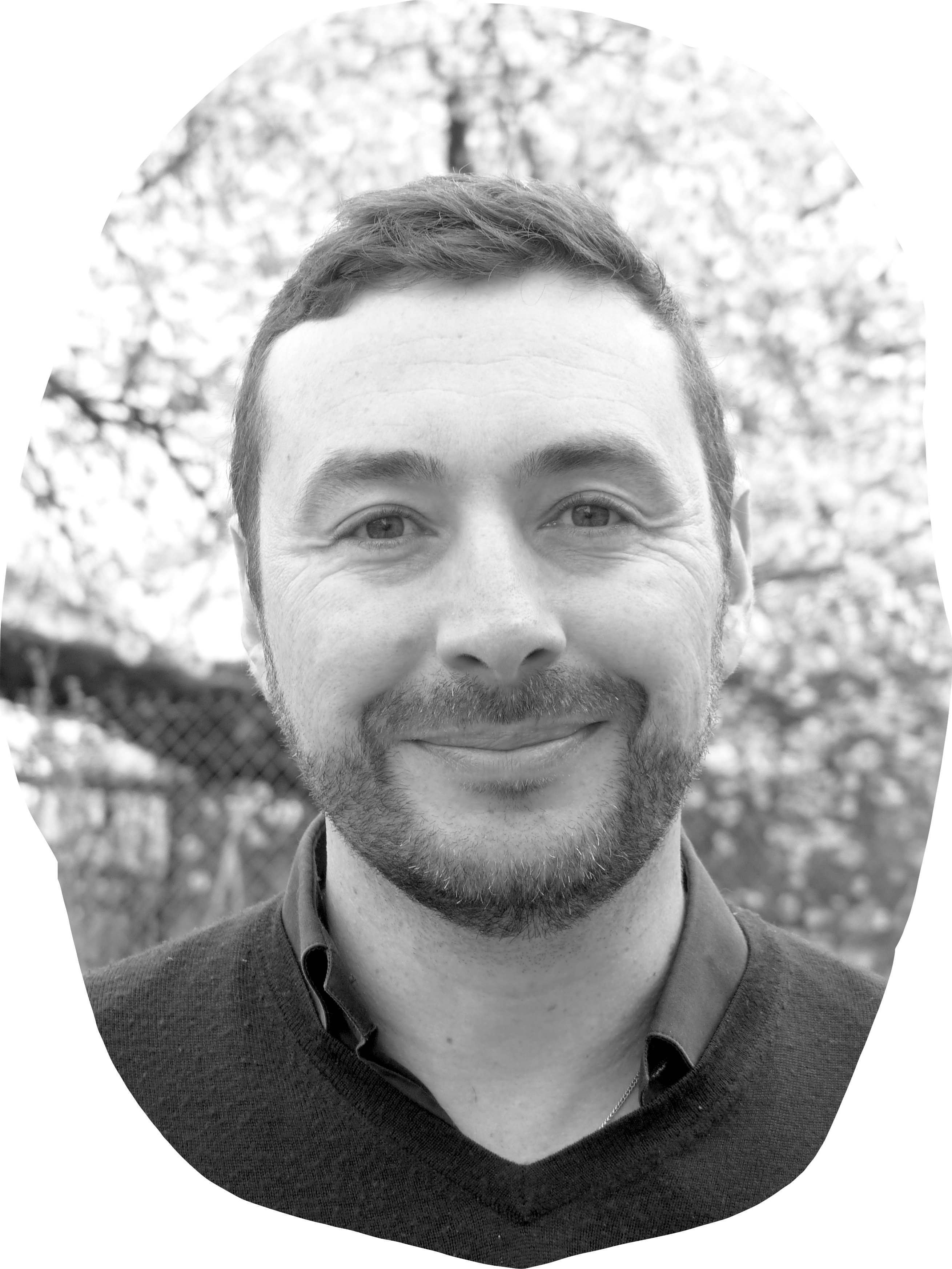
Eric Cascales
CNRS Researcher.
After graduating in the laboratory of Roland Lloubès in 2002, I moved to Houston (Texas) for a wonderful stay in Pete Christie’s lab where I discovered the world of bacterial secretion systems. Back to Marseille, I launched the team on Type VI secretion. Although I love these nano-machines, I spend most of my time playing violin, listening opera, barocco violin and Glass’s Einstein on the beach, hiking to find wild orchids or kayaking or rowing in the calanques ! Who said I am monomaniac?
Laure Journet
CNRS Researcher. I performed my graduate studies in Aix-Marseille University in the group of Roland Lloubès (LISM, CNRS). My PhD thesis focused on the Tol/Pal proteins and colicin import. In 2001, I joined the laboratory of Guy Cornelis for a post-doc (in Brussels, then Basel) to study Type III secretion in Yersinia, focusing on the Type III needle length control. After six years in Strasbourg in Isabelle Schalk’s group, studying iron uptake in Pseudomonas aeruginosa, I came back to Marseille and bacterial secretion at the end of 2010 to join Eric’s group to study Type VI secretion. Besides the lab (in the “real life”) I like music, performing theater and not talking too much about myself !
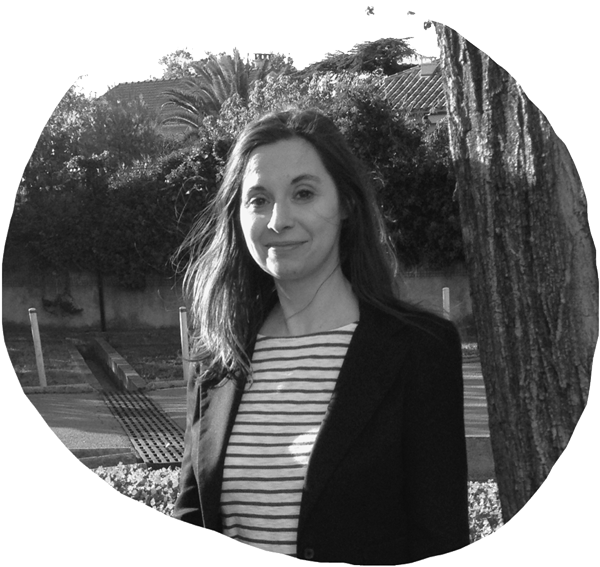
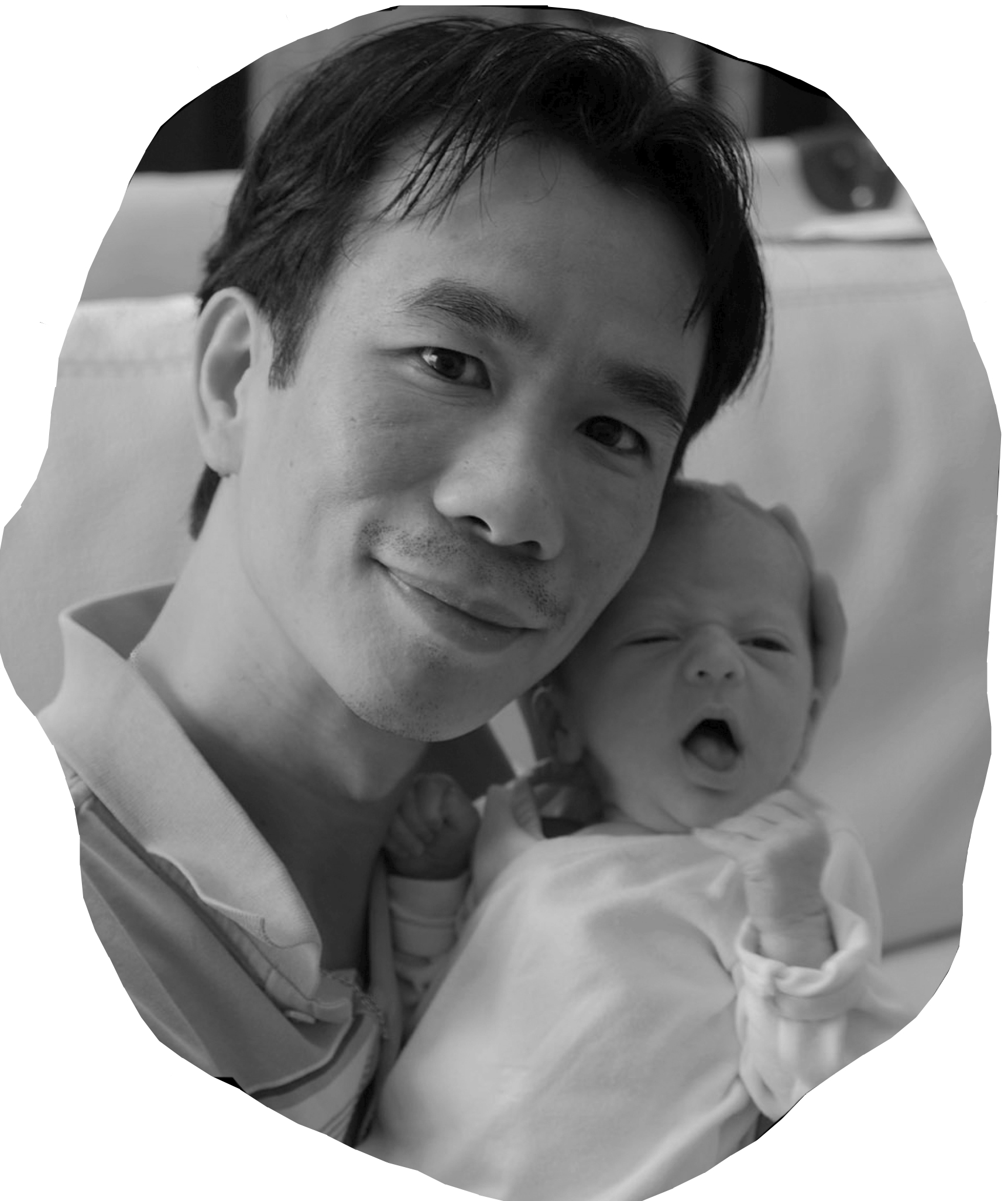
Thierry Doan
CNRS Researcher.
Most of my scientific work has been dedicated to Bacillus subtilis. I used this model bacterium to study carbon metabolism during my PhD with Stéphane Aymerich and bacterial cell biology during my post-doc in David Rudner’s lab before I moved to Marseille in 2009 to work with Anne Galinier. That’s until 2017 when the god of secretion told me it was heresy and that 6 and 9 were the numbers at the origins of life. It was tremendously hard to leave B. subtilis behind, but I was very motivated by this new challenge and the scientific and technical exchanges with my new colleagues. From sheep embryogenesis during my undergraduate training to bacterial cell biology and secretion machineries, the common trait of my scientific work is my love for picturing small things. This is also true when I am out of the lab. When traveling, hiking, or simply playing with the kids, my camera is always nearby. More keywords about me can be found in this picture (gift from Jen, a friend in the Rudner lab).
Thierry’s Twitter: @doan_thierry
Julie Viala
AMU Associate Professor.
I like to think of my career as a stroll that led me to visit different places, meet different people and work with a variety of microorganisms. I did my PhD at Pasteur Institute in Paris, where I worked on the soil bacterium Streptomyces in Philippe Mazodier’s group. In 2002, I went to Berkeley (USA) in Dan Portnoy‘s lab, where I studied the mechanisms regulating the toxicity of a pore-forming toxin of the facultative intracellular pathogen Listeria. I moved to Marseille in 2007. I first joined Frédéric Barras’ lab to work on stress adaptation of the facultative intracellular pathogen Salmonella, before being recruited as an assistant professor by Aix-Marseille University in Emmanuelle Bouveret‘s group. There, I investigated the links between lipid metabolism and the type 3 secretion system SPI 1 of Salmonella. Given our affinity for secretion systems, I joined the group of Eric in 2020 to work on bacterial toxins.
Regarding my hobbies, I like to walk and enjoy the magnificent landscapes that offer the Calanques for example, and I love to dance!
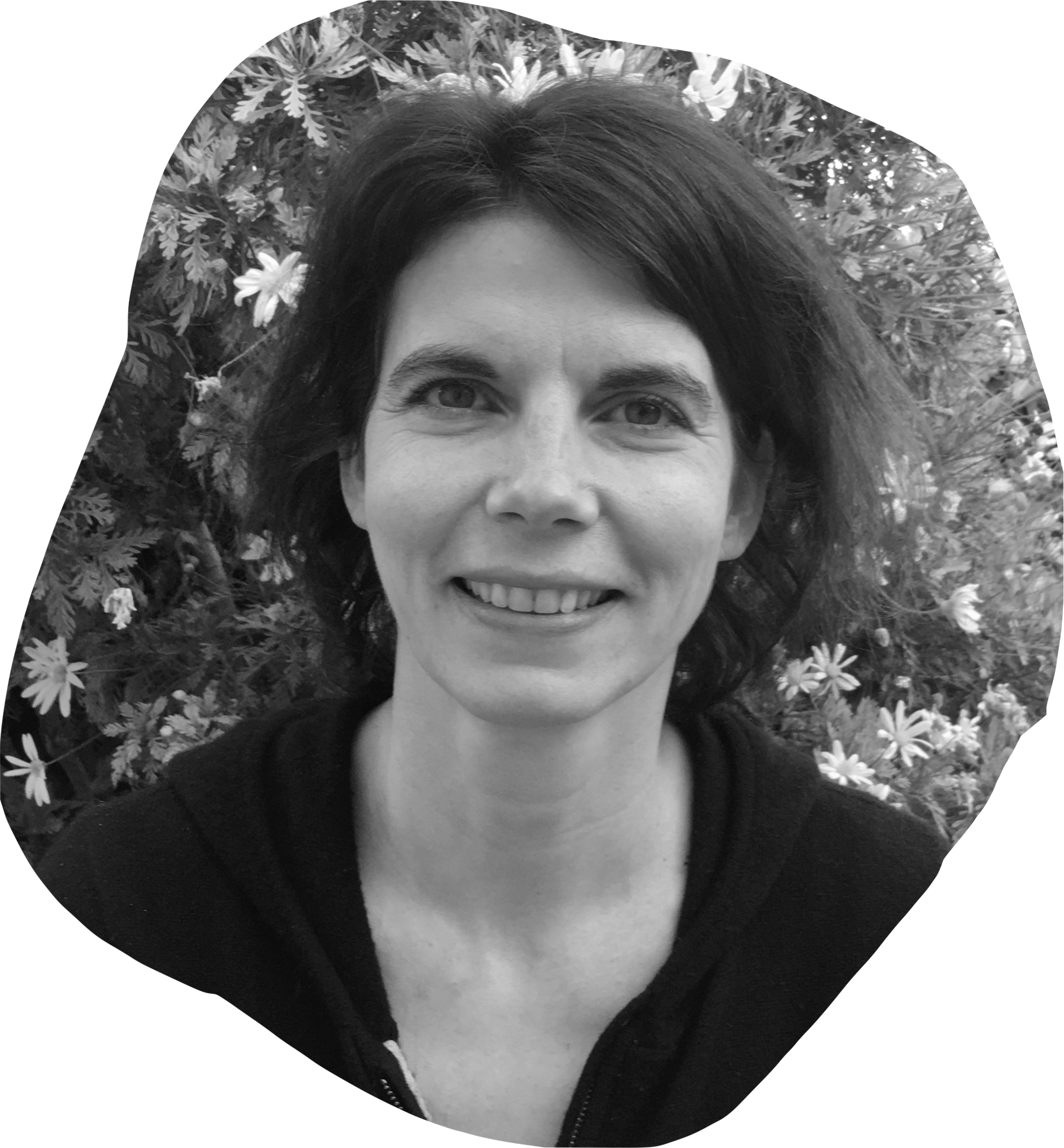

Maïalène Chabalier
CNRS Assistant Engineer.
After a superior technician diploma in Biochemistry in Marseille, I was hired at the CNRS in the group of Pierre Capy at Paris Sud / Saclay. There, I studied the mariner transposon in the fruit fly Drosophila. I then decided to return back to the sun and to change both the theme and model of my research. I joined the group of Sam Dukan at the Mediterranean Institute of Microbiology to study the impact of CO2 on the oxidative stress in Escherichia coli. I then moved for a short period in the group of Amel Latifi to develop a new biosensor. Finally, I joined the group of Eric to study the Type VI and IX secretion systems. I am afraid of not having much to say, but I always enjoy life !
Julia Bartoli
CNRS Engineer.
I first studied Chemistry in Montpellier for 5 years till 2007, and unfortunatelly after this time I think that I became allergic to organic chemistry and its complex chemical reactions, and I happened to be more and more interested by Biology and the Research field. I started to work during 3 years in Grenoble (IBS), developping carbohydrate microarrays to look for antiviral natural saccharides. This biochemistry experience was a good transition between my initial formation and the Biology road I wanted to follow. Then I worked for 2 years in the very interesting field of Giant Viruses in IGS laboratory in Marseille : a lot of cell culture and electron microscopy. After that, I finally got a permanent position as “Ingénieure d’Etude” at the CNRS, by joining in 2014 the LISM in the team of Emmanuelle Bouveret, where I worked on bacterial stress response mediated by “the magic spot” ppGpp. After Emma’s departure, I joined Eric’s team at the beginning of 2020, altogether with Dr Julie Viala with whom I closely work, and I now work on bacterial toxins ! Oh, I forgot : I come from Marseille and I am a half Corsican (which makes me very nice), I love travelling and I am a cat person!
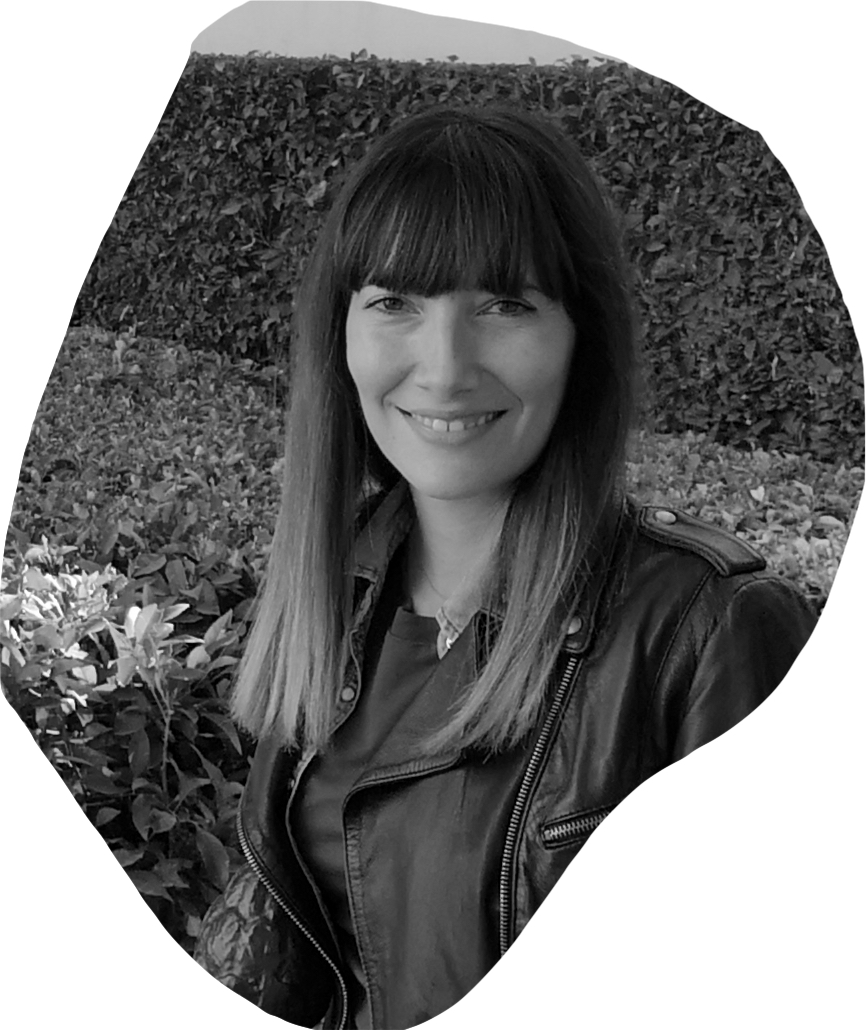
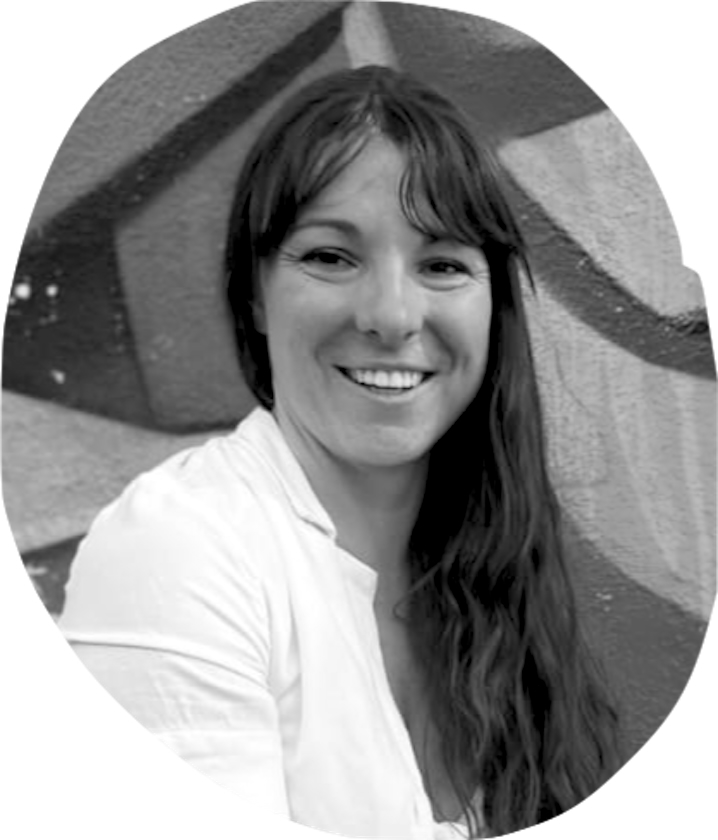
Maëlle Paillat
PhD fellow.
After a Bachelor degree of Biology in Angers, I left the “North” (as Marseille people say) for a Master in Microbiology at Aix-Marseille University. I discovered the Type IX secretion system during my first year of Master and immediately fell in love with this secretion machinery. So when Thierry offered me to join the team for the Master 2 internship, I couldn’t refuse. And then, I got a Ph.D fellowship to pursue my work on this fascinating machine ! When I’m not at the lab I like cooking, sewing, playing guitar and soccer.
Maelle’s Twitter: @maelle_paillat
Jonas Desjardins
PhD fellow.
I left Normandy to study microbiology in Marseille in 2016. During my iGEM internship in 2019, I spent most of my time in Éric’s lab to ask questions and in exchange, I brought some cakes. After that, I asked Éric for an internship in his team, and there started my journey studying type VI secretion system. I guess he said yes because of my (delicious) cakes. Then Eric suggested me to come back for the Master 2 internship, and it sounded like Mrs. Madrigal saying : “You are one of us now”. I immediately felt at home with this “logical family”. Otherwise, I love board games and reading when I am in the subway or in the gardens of The Longchamp Palace, my favorite author is Armistead Maupin.
My PhD work is funded by the “Fondation pour la Recherche Médicale“. You can help the foundation here.
Jonas’s Twitter: @JonasDesjardins
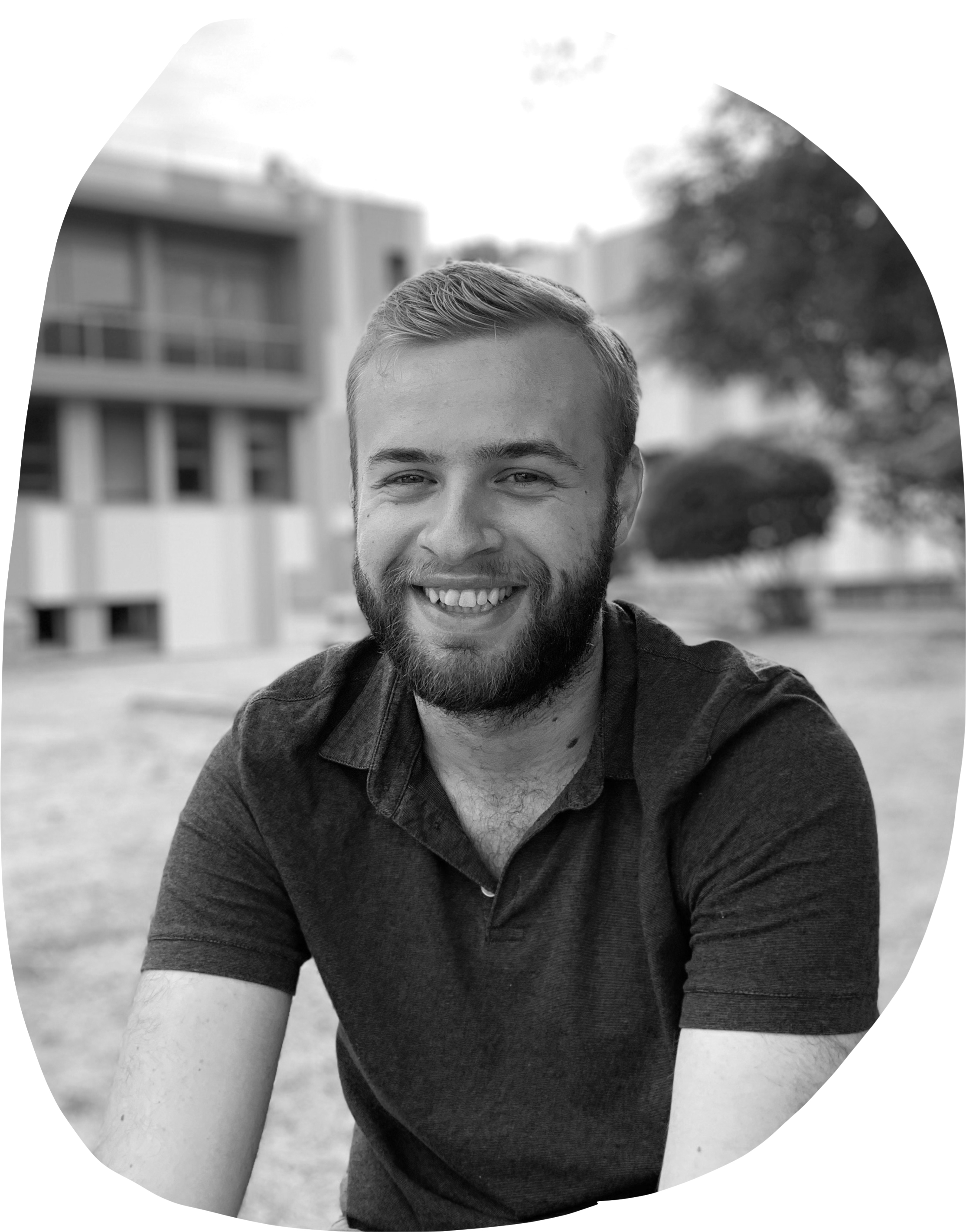
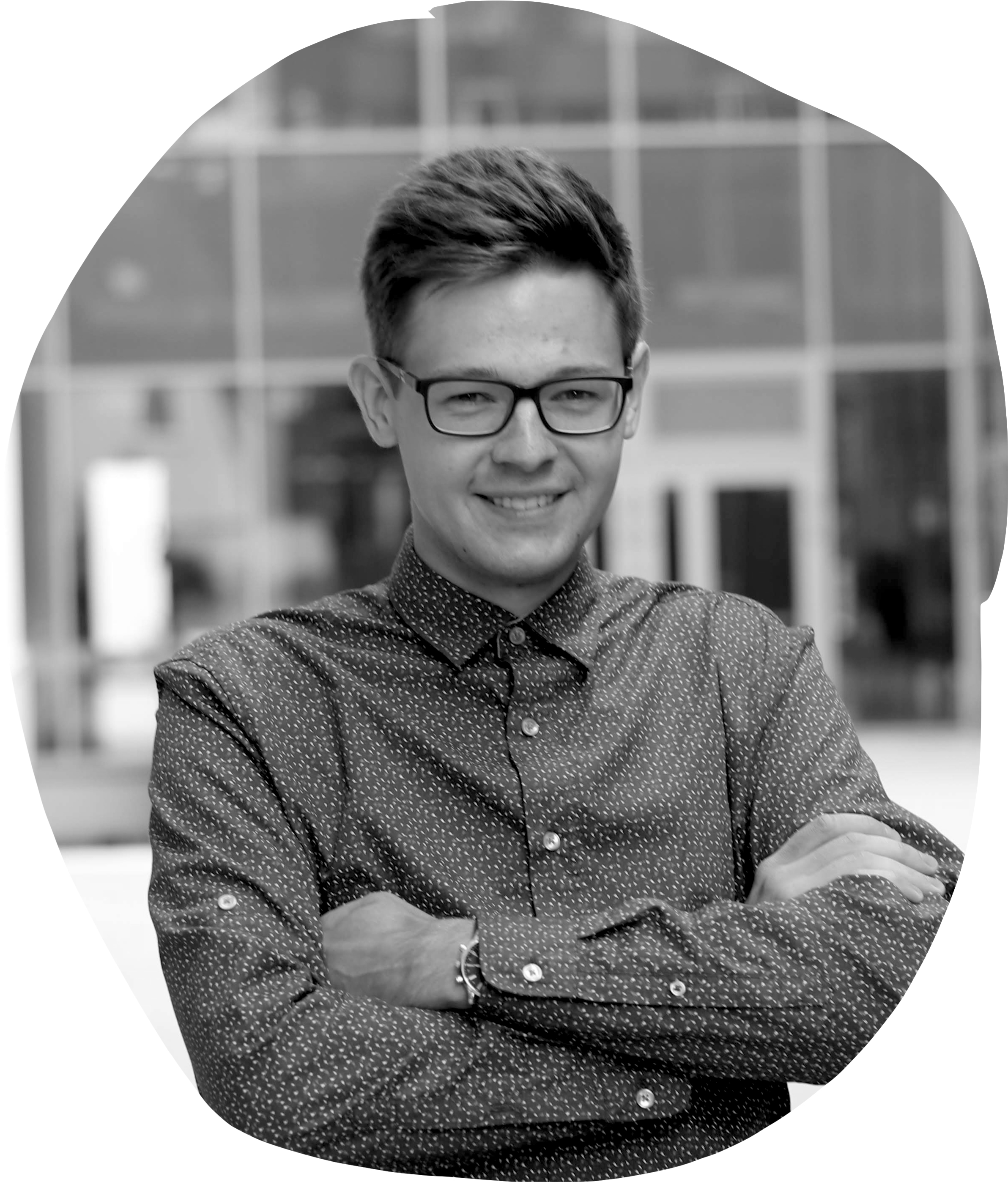
Julius Martinkus
PhD fellow.
I got a master’s degree in molecular biology in 2021 at Vilnius University (yes, I came from Lithuania, a small European country by the Baltic Sea). During my graduate studies, I worked with the Type VI secretion systems, which fascinated me, so I decided to continue their research in the group of Eric. I can spend a lot of time in the lab because I lose my sense of time in it, so don’t be surprised if I say good morning in the evening. Apart from the lab, I like inline skating, fishing, reading books, snowboarding, wakeskating, and spending time with my friends.
Julius’s Twitter: @MartinkusJM
Julien Giraud
PhD fellow.
After a small interlude in the medical field, I started studying biology in Marseille. I quickly discovered the fascinating research environment and joined Eric’s team for license degree internships. I rapidly felt in passion for secretion systems, and obviously for the Type VI secretion system. How do not fall in love with this surprising machinery? I couldn’t refuse to come back for my Master 2 internship and PhD to explore this fascinating system and work with this wonderful and welcoming team! Microbiology is not my only passion, I am also fond of classical art, old paintings, and French and Russian literature. I also love classical music, and to Eric’s despair, I am a fan of Rachmaninov.
Julien’s Twitter: @felixgiraud2
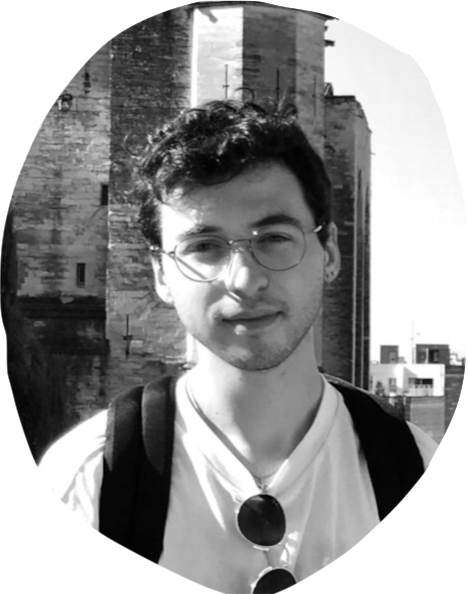
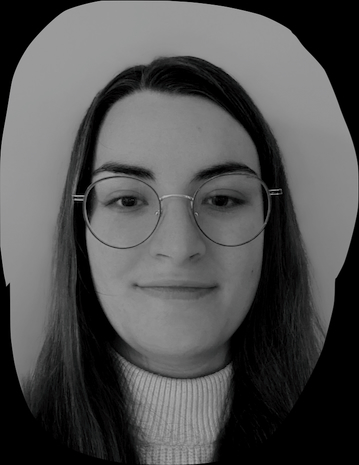
Eloïse Paulet
Master student.
Hello everyone, my name is Eloïse Paulet. I left Toulouse to join the microbiology master’s program at Luminy and (above all) to enjoy the sea and good weather. I joined the Cascales team at LISM for my end-of-study internship. I’m working with Julie and Julia on the characterization of MuF polymorphic toxins with (p)ppApp synthetase activity.
Yaëlle Aouizerate
Master student.
After graduating in Chemistry and in Biology in Nice, I left the South to pursue my studies in Biotechnology in Lorient (Britany), where I discovered the rain. I also discovered the microbiology field, which immediately fascinated me. For that reason, I am thrilled to join Eric’s team in Marseille for an internship on the gliding motility apparatus with Thierry. Apart from the lab, I spend a lot of time fencing and sailing, and picking a new hobby every two weeks.
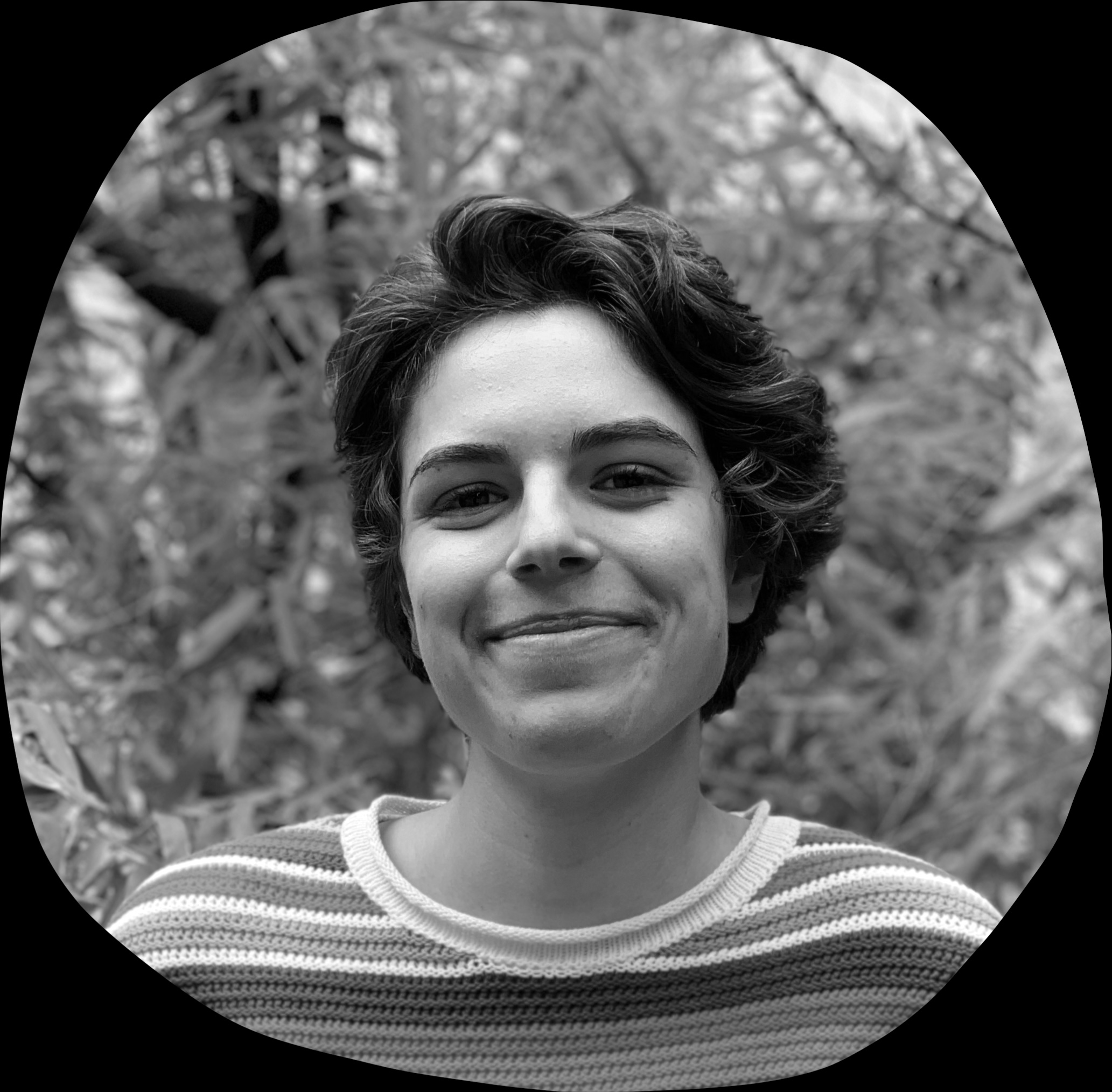
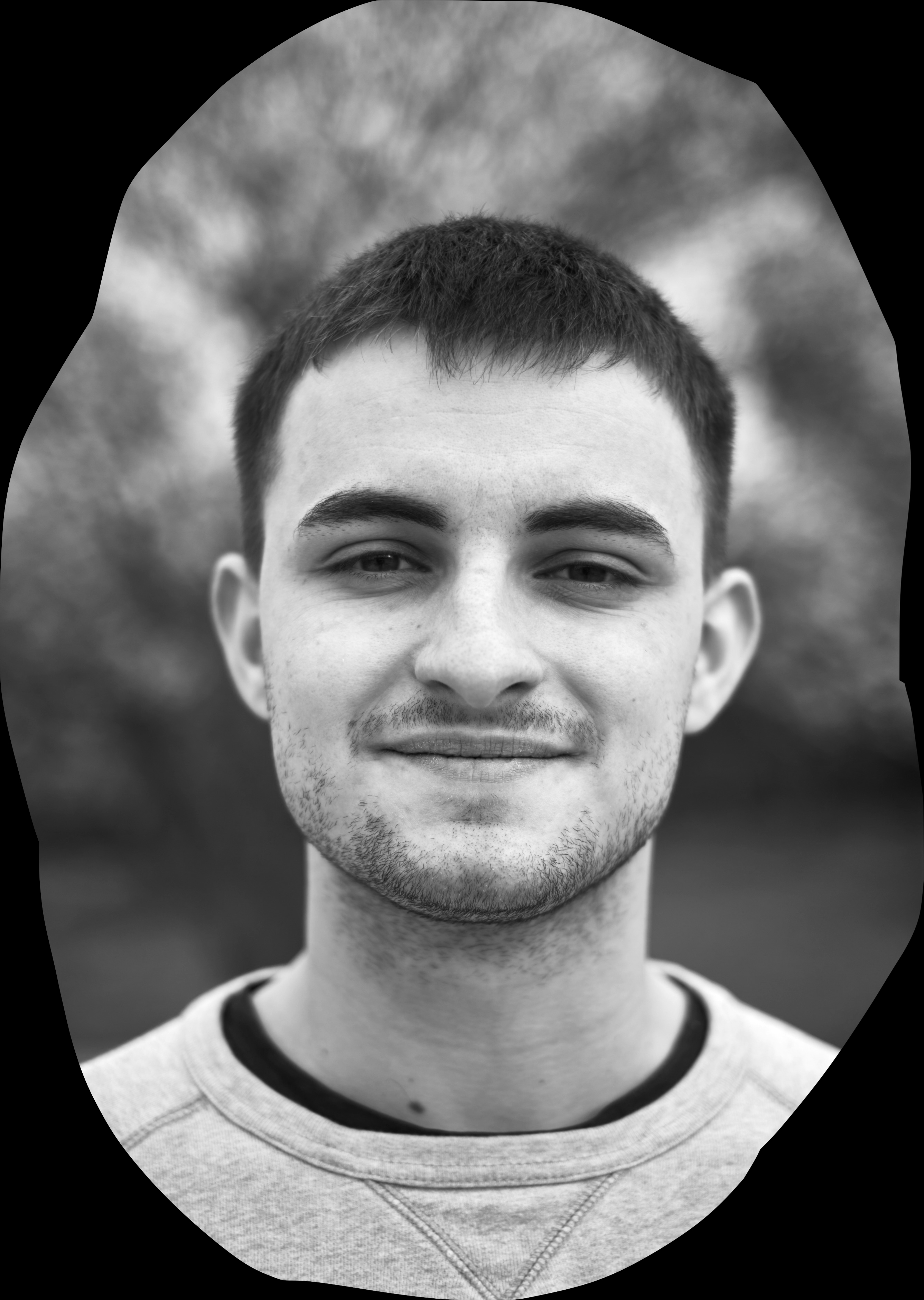
Maximilien Rouzaud
Master student, shared with Philippe Leone.
Alumni
Post-doc and Permanent Researcher.
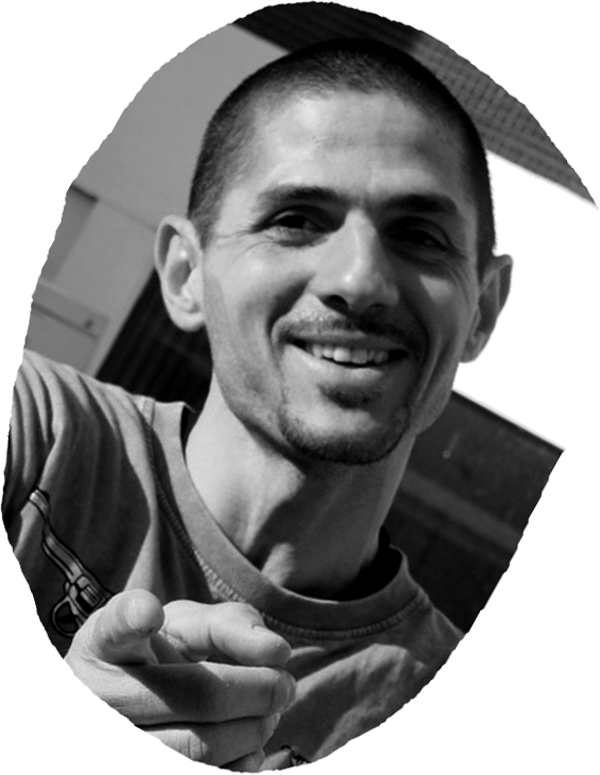
Eric Durand
(2010-2019)
(Ph.D Aix-Marseille Université, Marseille, France; Post-doctoral fellow G. Waksman’s laboratory, Birbeck College, London, UK; Post-doctoral fellow R. Voulhous’s laboratory, IMM, Marseille; Post-doctoral fellow C. Cambillau’s laboratory, AFMB, Marseille). Now INSERM Researcher and Group leader at the LCB.
Post-doctoral research associates.
Erwan Gueguen
(2010-2012)
(Ph.D Université Paul Sabatier, Toulouse, France; Post-doctoral fellow A. Darwin’s laboratory, NYC, USA). Now an Associate professor at the Université Claude Bernard (Lyon, France).
Erwan’s Twitter: @macerwan
Erwan’s personal website
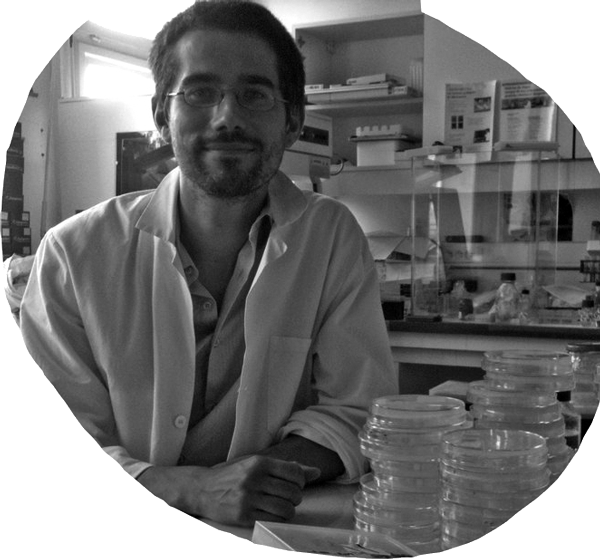
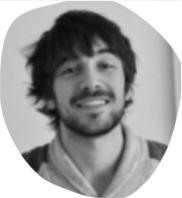
Amaury Payelleville
(2019)
(Ph.D Université Montpellier, France).
Now a Post-doctoral fellow in Laurence Van Melderen’s group (ULB, Brussels, Belgium).
Amaury’s Twitter : @a_payelleville
Victoria Schmidt
(2018-2019)
(Ph.D Aix-Marseille Université, Marseille, France).
Now a CNRS permanent Research Engineer in Latifa Elantak’s lab (LISM).

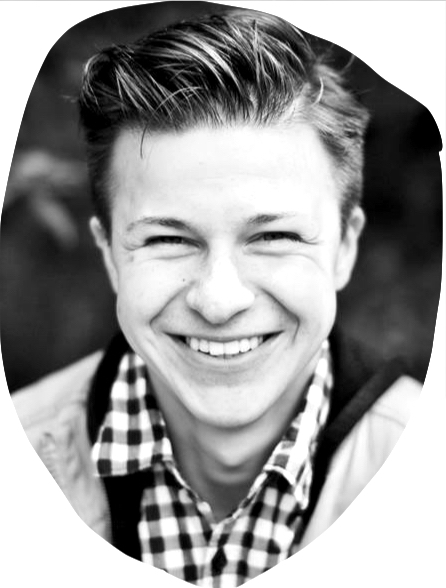
Gauthier Dangla-Pélissier
(2020-2023)
(Ph.D Aix-Marseille Université).
Gauthier’s Twitter: @DanglaGauthier
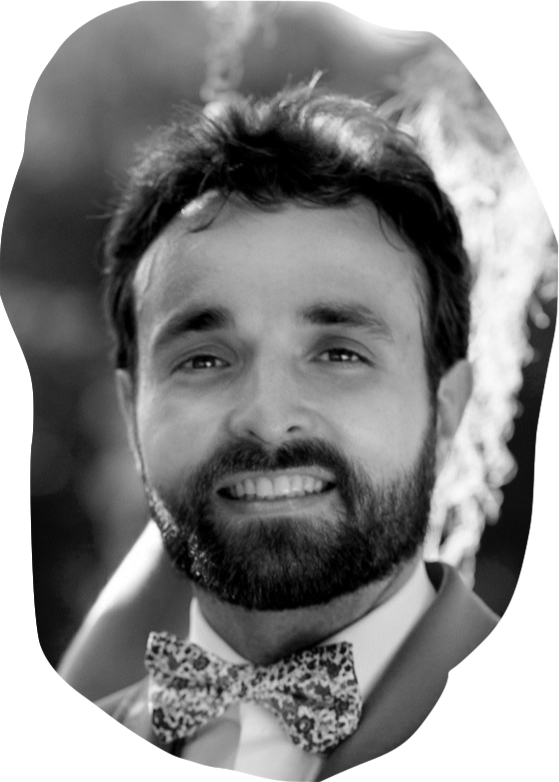
Ph.D fellows.
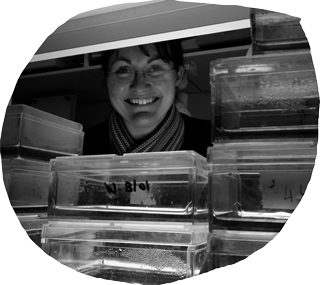
Marie-Stéphanie Aschtgen
Ph.D 2011. Thesis entitled “Etude du système de sécrétion de type VI chez Escherichia coli enter-agrégatif. Caractérisation d’un sous-complexe d’ancrage membranaire”.
Post-doctoral fellow, Ned Ruby laboratory (Madison, USA).
Post-doctoral fellow, Birgitta Henriques-Normark laboratory (Stockholm, Sweden).
Assistant professor in the ‘Laboratoire des Sciences de l’Environnement Marin‘ (LEMAR) at the University of Brest (France).
Now, Assistant professor in the Department of Microbiology, Tumor and Cell Biology, Karolinska Institutet, Stockholm, Sweden.
Marie-Steph’s twitter: @Aschtgen_MS
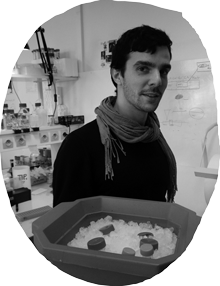
Yannick R. Brunet.
Ph.D 2013. Thesis entitled “Structure and function of the type VI secretion system tail”.
Post-doctoral fellow in David Rudner’s laboratory (Harvard Medical School, Boston, USA).
Now a Senior Researcher at ManusBio (Boston, USA).
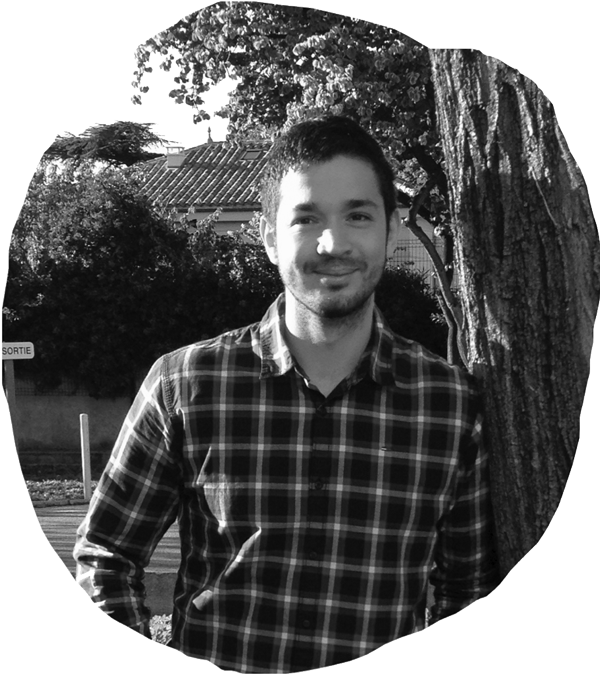
Abdelrahim Zoued
Ph.D 2015. Thesis entitled “Biogenesis and membrane anchoring of the type VI secretion contractile tail”.
Then a post-doctoral fellow in Matthew Waldor‘s laboratory (Harvard Medical School, Boston, USA).
Now a permanent CNRS researcher in Patricia Doublet’s laboratory (CIRI, Lyon, France)
Abdelrahim’s Twitter: @zoued_a
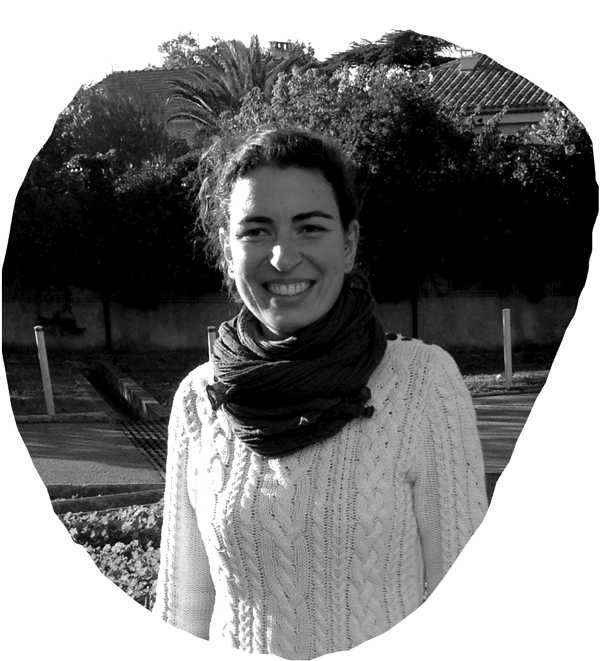
Laureen Logger
Ph.D 2017. Thesis entitled “The type VI secretion membrane complex: the central role of TssM for assembly and for baseplate recruitment”.
Now a high-school teacher.
Laureen’s Twitter: @LaureenLogger
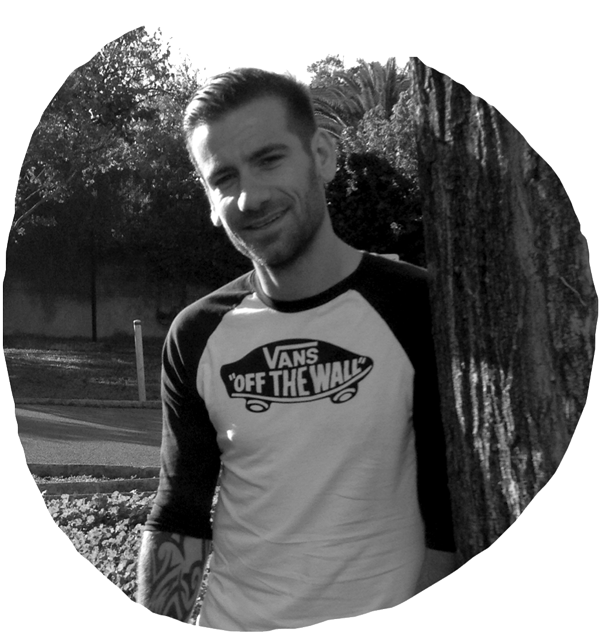
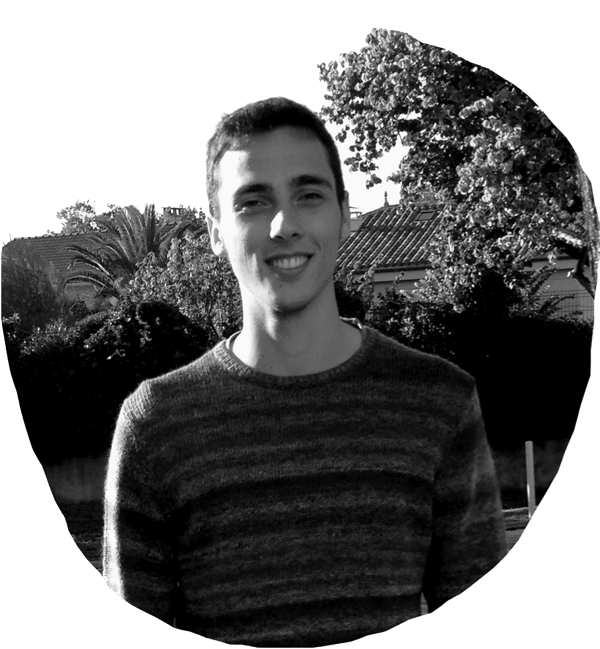
Nicolas Flaugnatti
Ph.D 2018. Thesis entitled “Le système de sécrétion de type VI: caractérisation et mécanisme de transport de Tle1, un effecteur antibactérien de type phospholipase”.
Now a post-doctoral fellow in Melanie Blokesch‘s laboratory (EPFL, Lausanne, Switzerland).
Maxence Vincent
Ph.D 2019. Thesis entitled “From cell surface anchoring to gliding motility: Structural and functional characterization of the type IX secretion system GldKLMN core complex”.
Then, Post-doctoral fellow in Stefan Uphoff‘s laboratory (Department of Biochemistry, Oxford, UK).
Now, a permanent CNRS researcher in Benjamin Ezraty’s team (LCB).
Maxence’s Twitter: @Maxence_Vincent
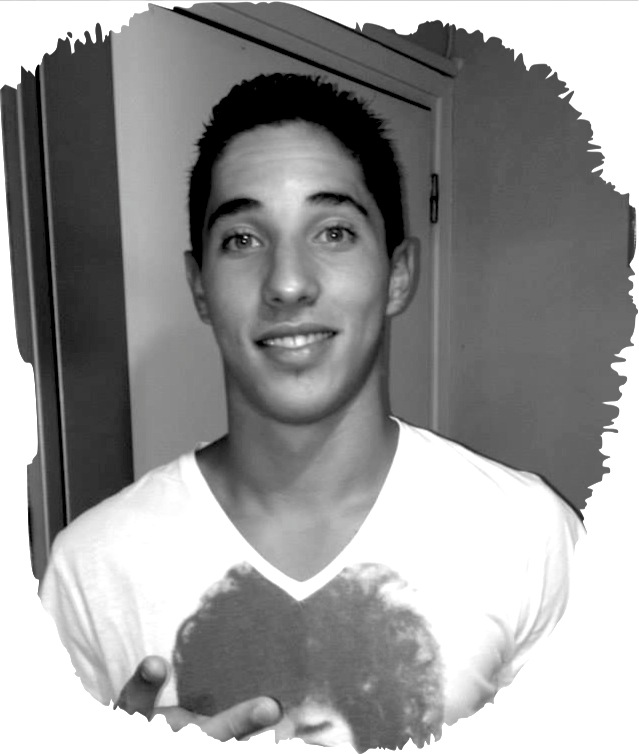
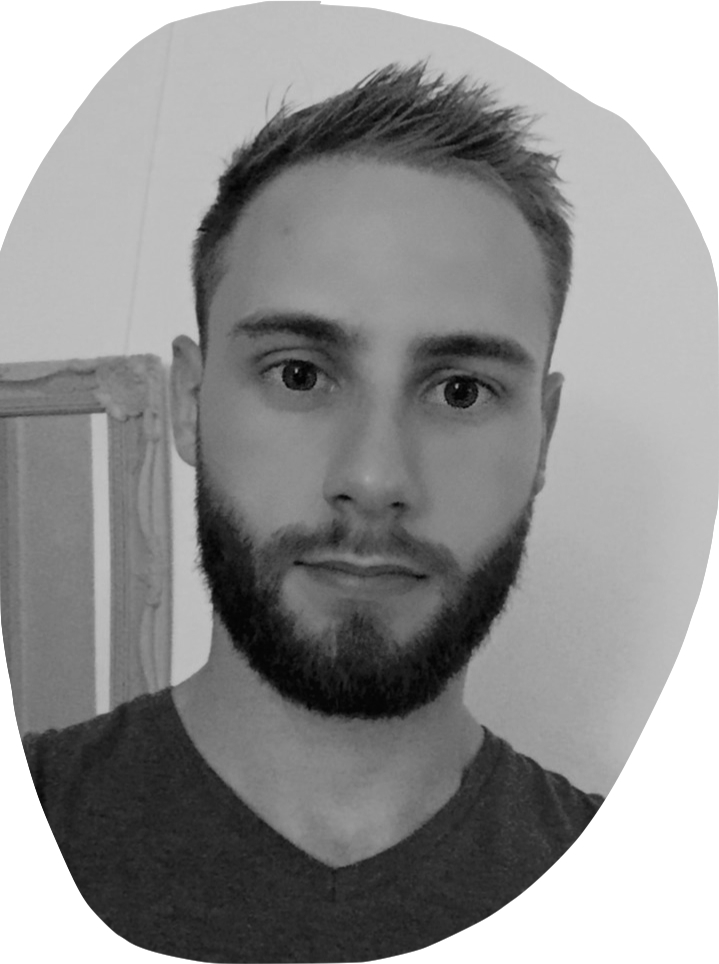
Yassine Cherrak
Ph.D 2020. entitled “Caractérisation structurale et inhibition d’une nano-machine impliquée dans la compétition bactérienne : le T6SS”.
Now a post-doctoral fellow in Wolf-Dietrich Hardt‘s laboratory (ETH Zürich, Switzerland).
Yassine’s Twitter: @Y_Cherrak
Yoann Santin
Ph.D 2021. Thesis entitled “Molecular characterization of the type VI secretion system size-control mechanism”.
Now a post-doctoral fellow in Géraldine Laloux‘s laboratory (De Duve Institute, Brusssels, Belgium).
Yoann’s Twitter: @santin_yoann
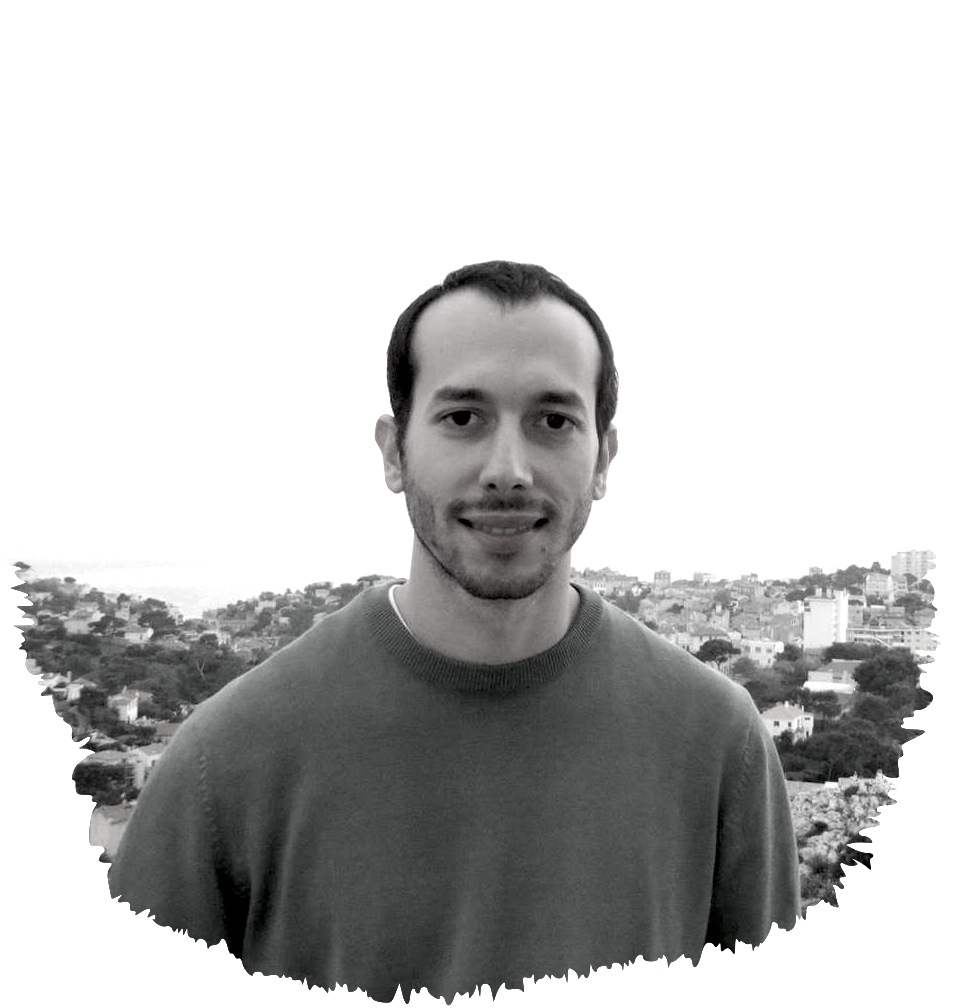
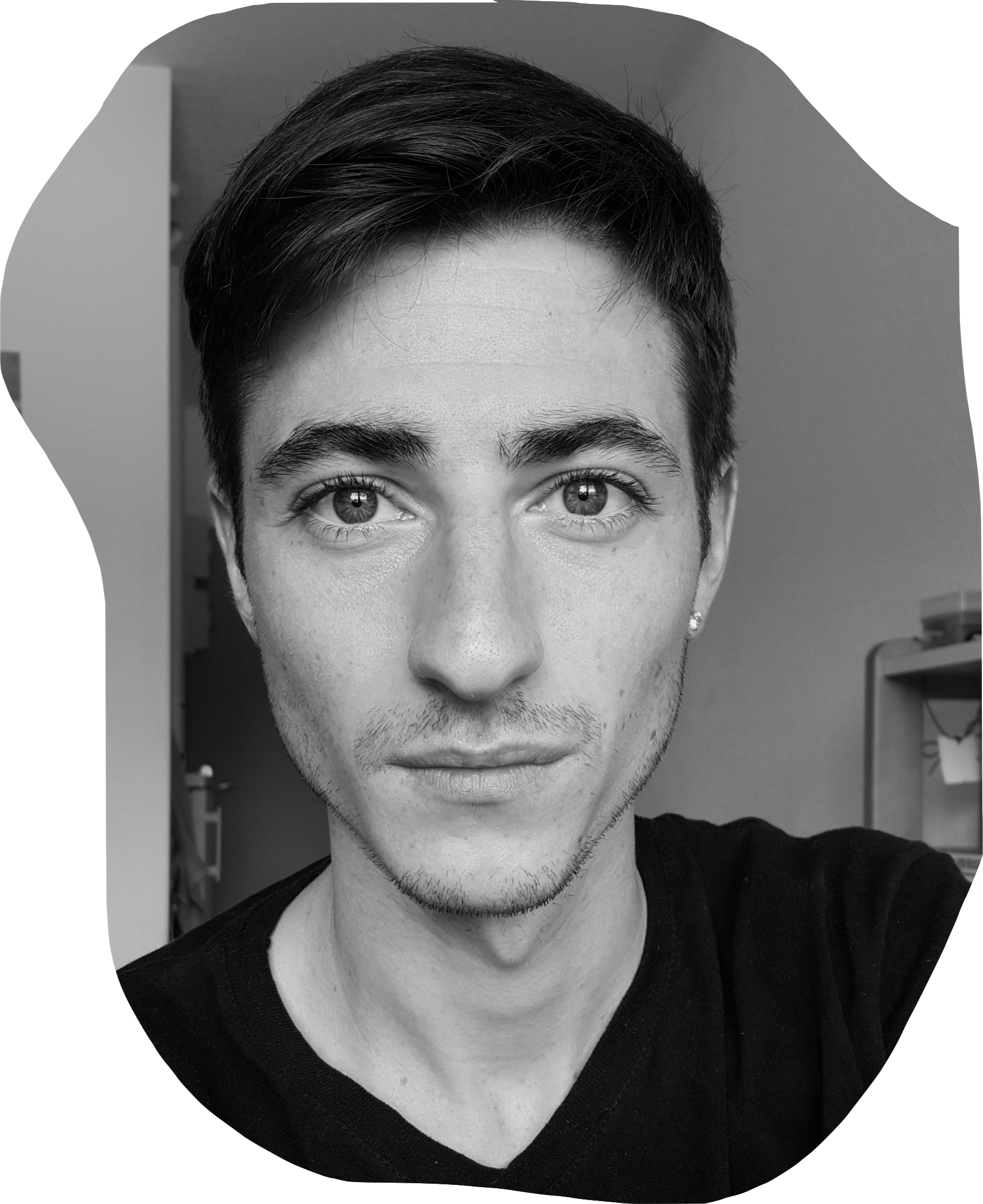
Ignacio Lunar Silva
Ph.D 2021. Thesis entitled “Type IX secretion: characterization of effector transport pathway”.
Ignacio’s Twitter: @ignlunsil
Boris Taillefer
Ph.D 2023. Thesis entitled “Heterogeneity of Type VI secretion system”.
Now a post-doctoral fellow in Alain Sarniguet’s laboratory (EmerSys, IRHS, Angers, France)
Boris’s Twitter: @bTaillefer_
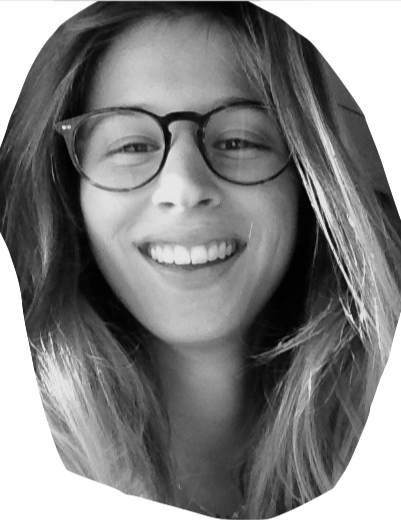
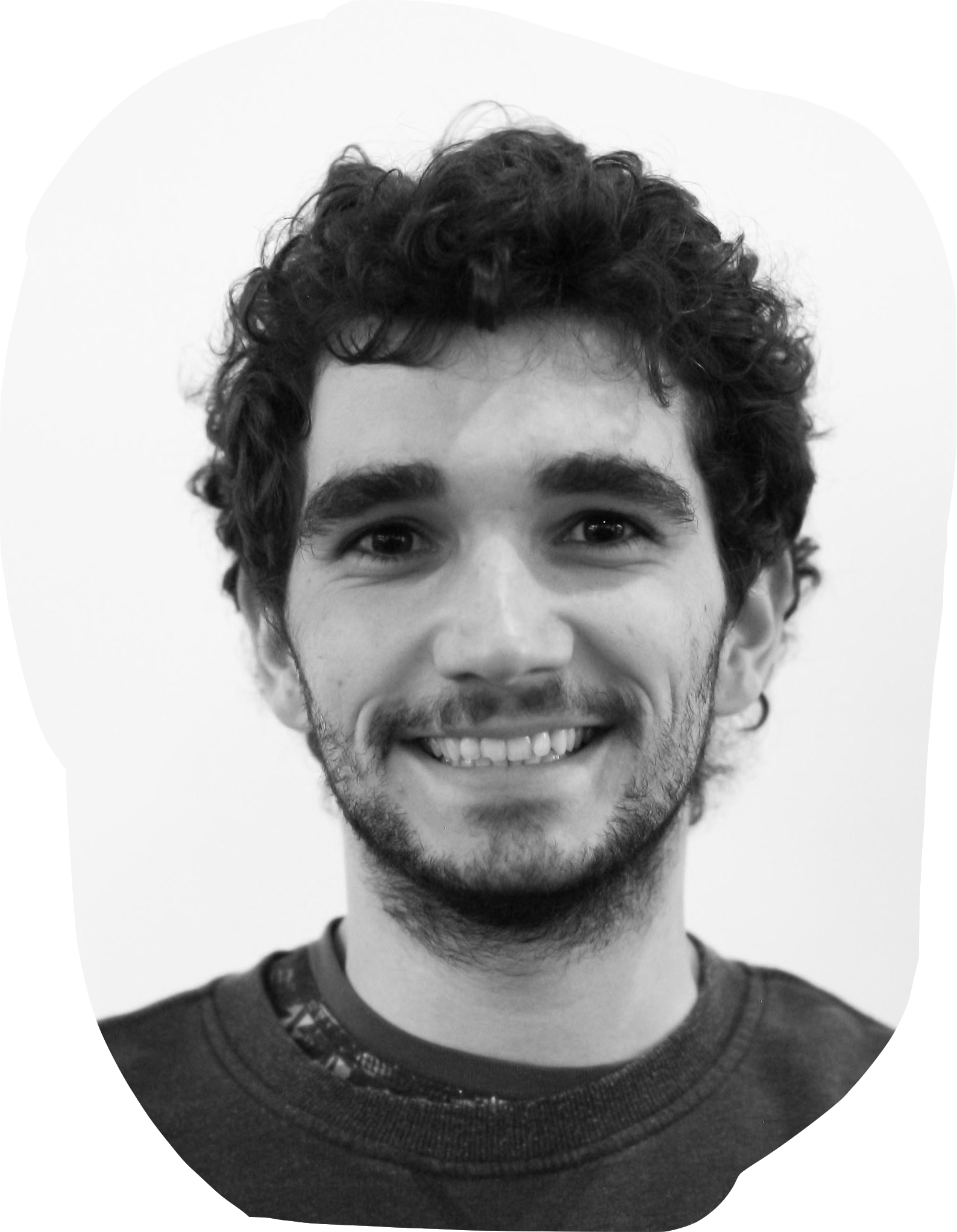
Solène Beauvois
Ph.D 2023. Thesis entitled “Architecture et fonction du complexe de pointe PAAR-VgrG-Tle1 du système de sécrétion de type VI d’EAEC”.
Solène’s Twitter: @BeauvoisSolene
Technicians & Engineers.
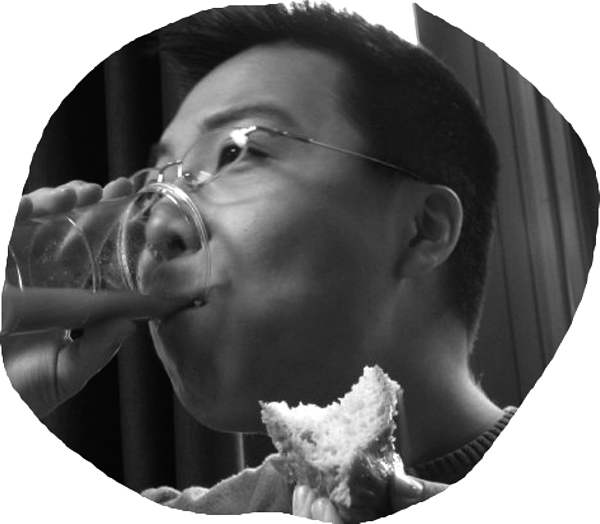
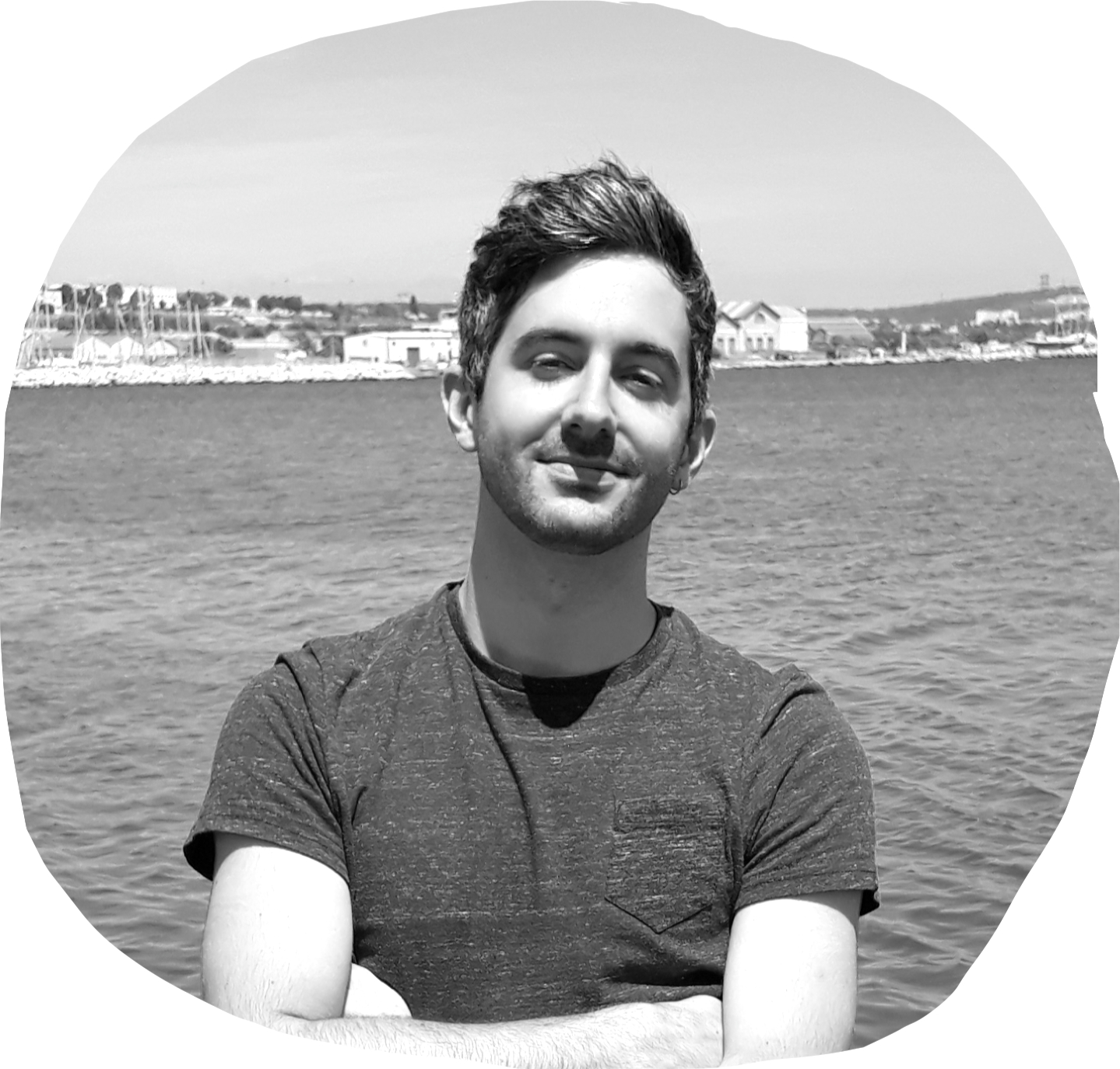
Xiang Y. Zhang.
(2011-2013). Ph.D. Now a Research Lecturer at the University of Xi’an (China).
Etienne Vanlioglu
(2018-2021). Now a Research Technician at ImCheck therapeutics.
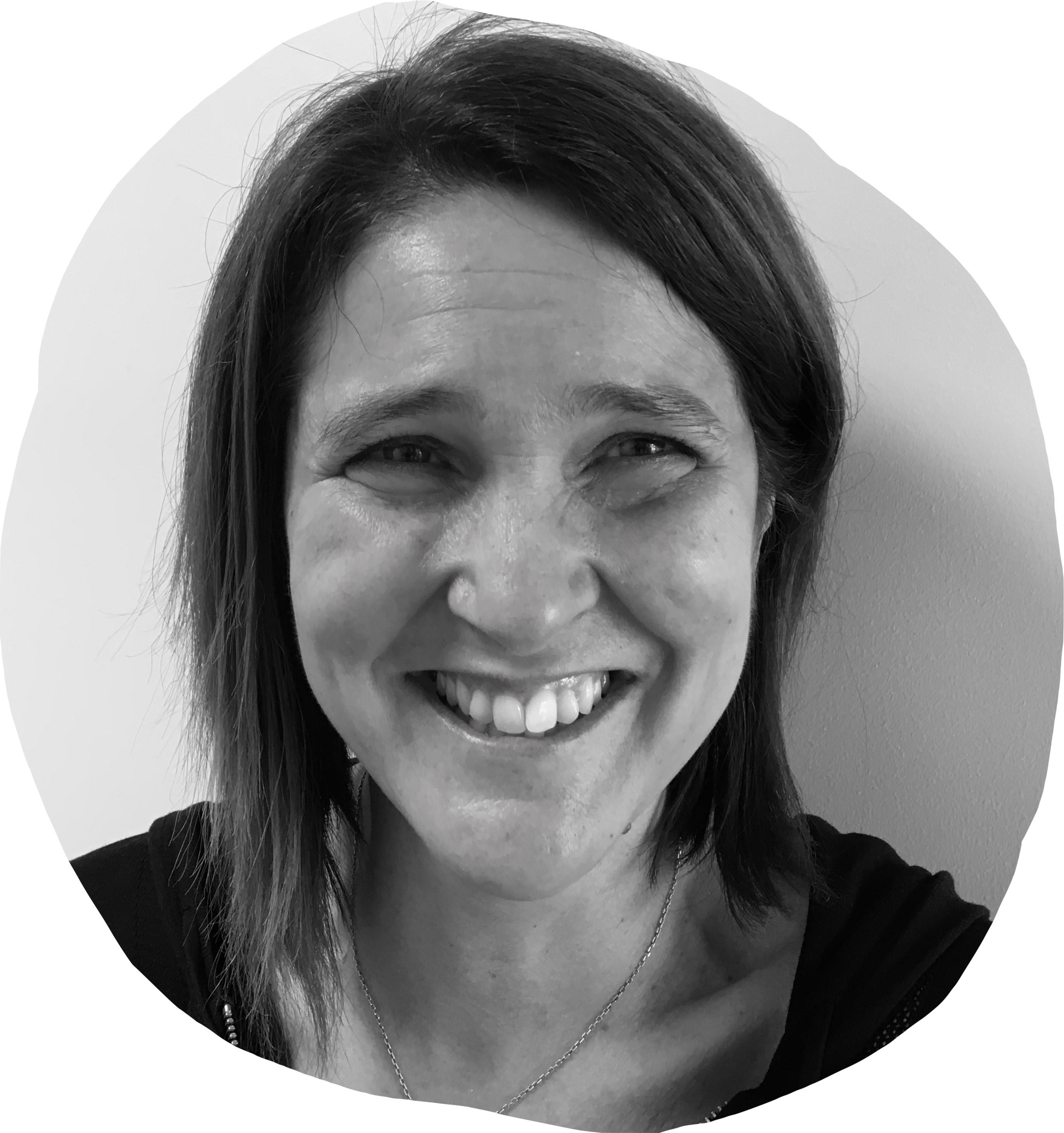
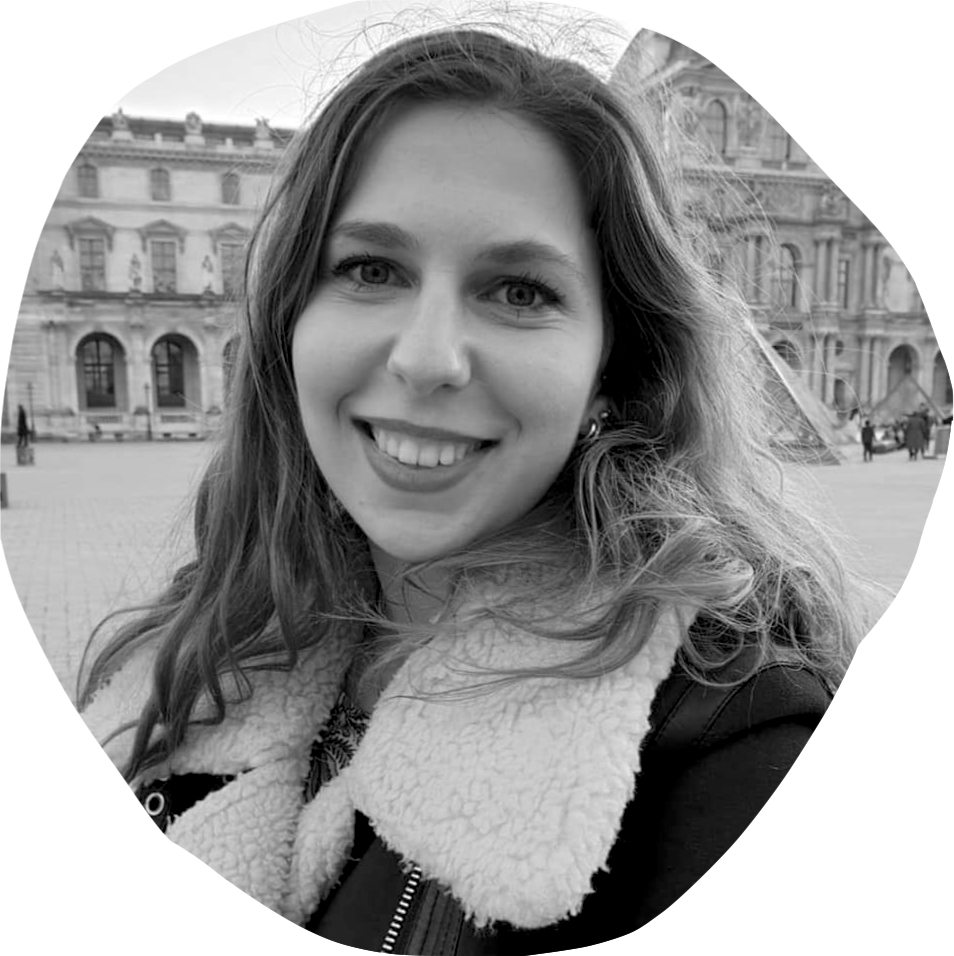
Sophie Gibault
(2022).
Marie Boyer
(2020-2023).
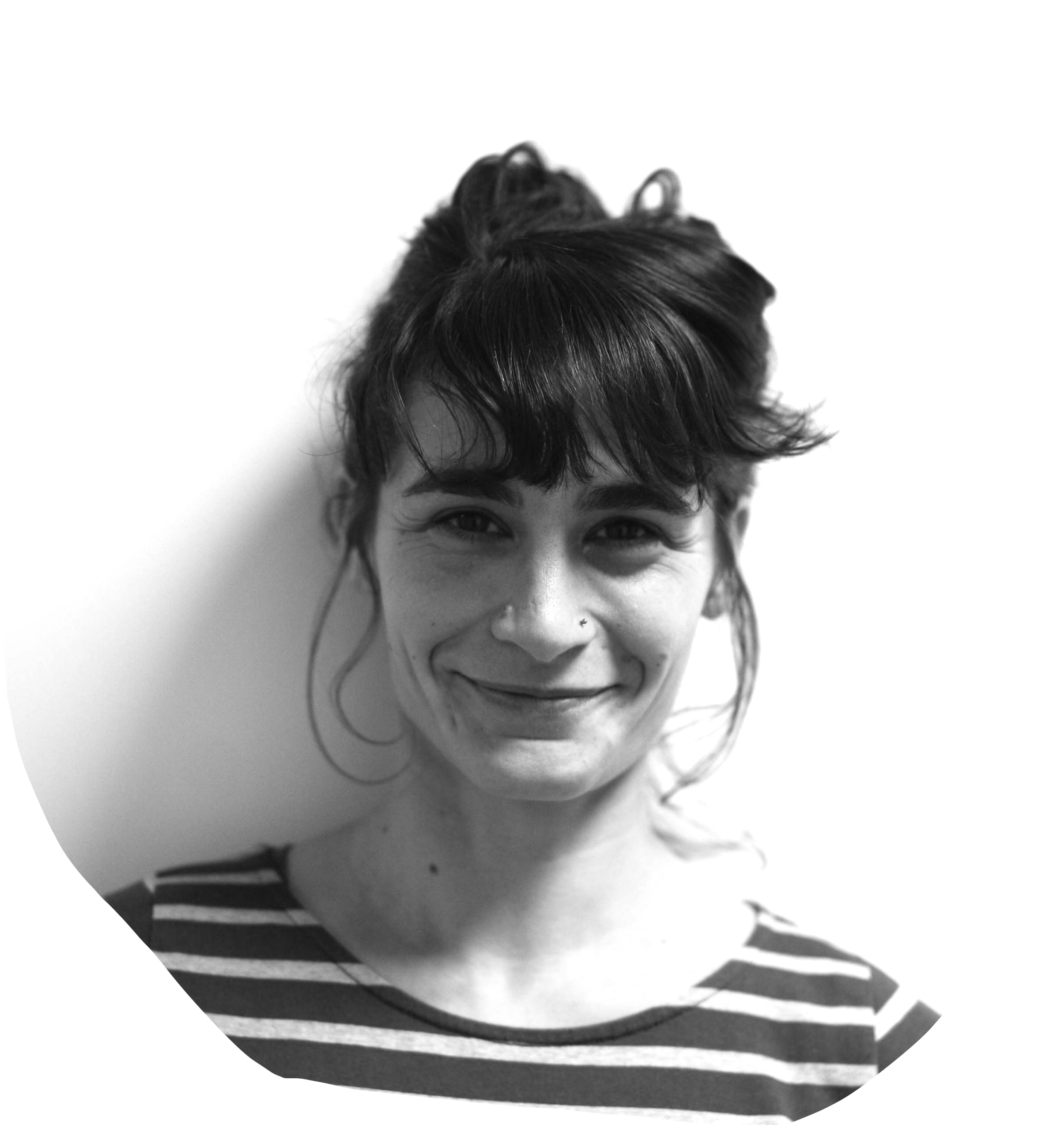
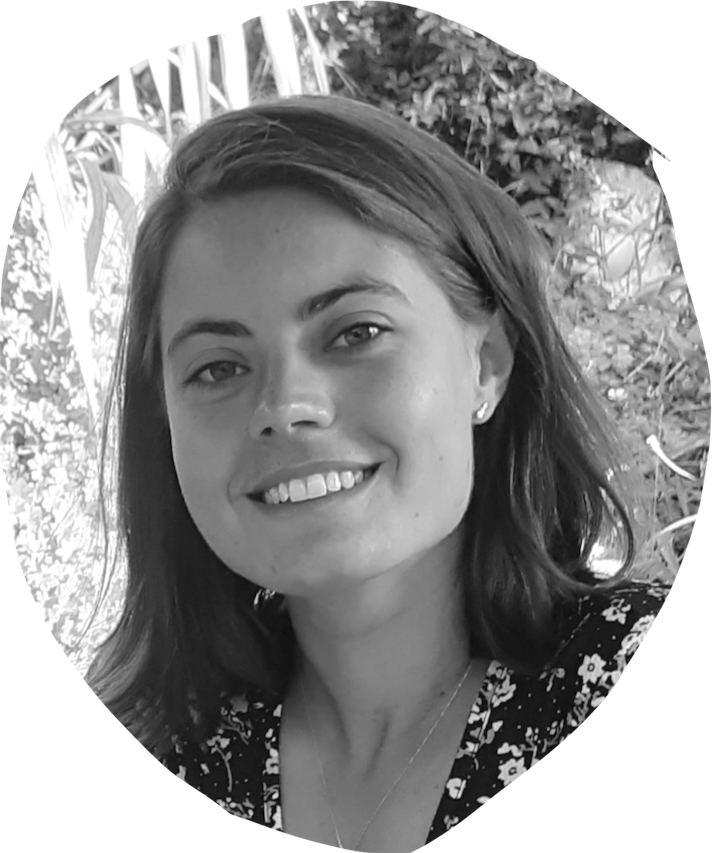
Caterina Comas
(2020-2023).
Audrey Tempier
(2021-2023).
B.Sc. and M. Sc undergraduates.

Yannick Brunet (AMU, B.Sc., 2008)
Marie Guérin (AMU, M1, 2010)
Abir Benzegoutta (AMU, M1, 2010)
Abdelrahim Zoued (AMU, M1, 2010; M2 2011)
Quentin d’Amalric (AMU, M1, 2011)
Delphine Prévost (AMU, ESIL-PolyTech, 2011)
Valentin Tutagata (BTS, 2012)
Laureen Logger (AMU, M1, 2012; M2, 2012)
Seddik Harchouni (AMU, B.Sc., 2012)
Valentine Lensi (AMU, L2, 2012)
Charlotte Gaviard (AMU, B.Sc., 2012)
Lia Freier (B.Sc. Erasmus, Tuebingen Univ., Germany, 2013)
Jean-Charles Cancel (AMU, L2, 2013)
Emma Long (AMU, ESIL-PolyTech, 2013)
Guillaume Urbain (AMU, M1, 2013)
Aurélie Fosses (AMU, M1, 2013)
Yann Dauchy (AMU, B.Sc., 2013)
Jordi Zamarreno-Beas (AMU, B.Sc., 2013)
Anant Kumar Singh (Indian Research Scholar fellow, 2013)
Mickaël Canestrari (AMU, B.Sc., 2013)
Elodie Pagès (AMU, ESIL-PolyTech, 2014)
Maxence Vincent (AMU, M1, 2014)
Yoann Santin (AMU, L2, 2014)
Doriane Delafosse (AMU, B.Sc., 2014)
Alexandre Espana (AMU, B.Sc., 2014)
Nicolas Flaugnatti (AMU, M.Sc., 2014)
Marcus Höring (M.Sc. Erasmus, Regensburg Univ., Germany, 2014)
Corentin Baussier (AMU, L1 Bio, 2015)
Sam Cascales (3ème, 2015)
Kevin Arnould (AMU, ESIL-PolyTech, 2015)
Sarah Tjaden (Visiting PhD, Münster, Germany, 2015 & 2016)
Vincent Palomo (AMU, L2, 2015)
Tristan Pommier (AMU, B.Sc., 2015)
Maxence Durand (3ème, 2015)
Hugo Perez (3ème, 2016)
Chakib Khenafra (AMU, L1, 2016)
Alexis Dogliani (AMU, M1, 2016)
Viet Anh Nguyen (M.Sc., USTH, Vietnam, 2016)
Chloé Cassaro (University of Glascow, Scotland, 2016)
Mathias Gallique (Visiting Ph.D, Evreux, 2016)
Wanassa Béroual (AMU, B.Sc., 2016)
Théo Dubois (2de, 2017)
Stéphane Alibar (AMU, M1, 2017; M2, 2018)
Melvin Renault (AMU, B.Sc., 2017)
Claire Camy (AMU, B.Sc., 2017)
Camille Garcia (AMU, M2, 2018)
Romain Debiton (B.Sc., 2018; M1, 2019)
Ryan Ellison (Exeter College, Oxford University, Laidlaw scholar, 2018)
Mehdi Zouanbi (AMU, B. Sc., 2018)
Victoria Sgoluppi (AMU, B.Sc., 2018 and 2019)
Zoé Cascales (3ème, 2019)
Benjamin Bagnis (AMU, M1, 2019)
Thibault Bongiovanni (AMU, M1, 2019)
Baptiste Piguet-Ruinet (AMU, L2, 2019)
Ashleigh Morgan (Exeter College, Oxford University, 2019)
Samuel Carien (AMU, L2, 2019)
Tiffany Lihoreau (AMU, ESIL-PolyTech, 2019)
Camille Herrou (AMU, L3, 2020)
Jonas Desjardins (AMU, L3, 2020)
Yousra Onrifani (BTS, 2020)
Fabio Meraihi (AMU, L3, 2020-2021)
Jonathan Julien (AMU, DFGSM3, 2020-2021)
Margot Grimonpont (AMU, M1 MIF, 2021)
Morgane Brigitte (AMU, M1 MIF, 2021)
Jérémy Mom (AMU, M1 MIF, 2021)
Yvann Bourigault (Visiting PhD, Evreux, 2021)
Sophie Du Crest (BTS, 2021)
Floriane Vernay (AMU, L2, 2021)
Pierre Liénart (AMU, L2, 2021)
Noa Guzzi (AMU, L3, 2021)
Julien Giraud (AMU, L3, 2021)
Marine Giraud (AMU, L1, 2022)
Thomas Zur Nedden (Université Libre de Bruxelles, M2, 2022)
Edinia Moraes Soreira (BTS, 2022)
Solé Humbert-Massasso (3ème, 2022)
Camille Field-Ize (3ème, 2022)
Nathan Gombeaud-Saintonge (AMU, ESIL-PolyTech, 2022)
Thomas Vivet (AMU, L2, 2022)
Sofia Hatych (AMU, L3, 2022)
Sirui Li (Wuhan University of Technology, China, M2, 2022)
Maja Andiel (L3 ERASMUS, Tübingen, Germany, 2022)
Margot Dessartine (Visiting Ph.D, Sherbrooke, Canada, 2022)
Corana Nobile (AMU, L1, 2023)
Chloé Piras (AMU, M1 MIF, 2023)
Bastien Charrat (AMU, M1 MIF, 2023)
Maximilien Rouzaud (AMU, M1 BSG, 2023)
Louise-Elisabeth Dintilhac (Université de Rennes, M2, 2023)
Téa Massaroni (3ème, 2023)
Léa Duchemin (AMU, L3, 2023)
Martin Durrmeyer (AMU, M1 MIF, 2023)
Atakan Kabtan (Université Libre de Bruxelles, M2, 2023)
Lou Marchi (INSA Strasbourg, 2023)
Mathias Cardin (AMU, L2, 2023)
Sylvain Lacroix (AMU, L3, 2023)
Thibault Delorbe (AMU, L2, 2014)
Stanislas Padilla (AMU, L2, 2024)
